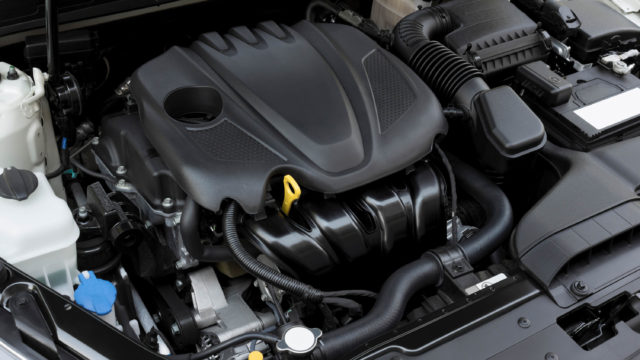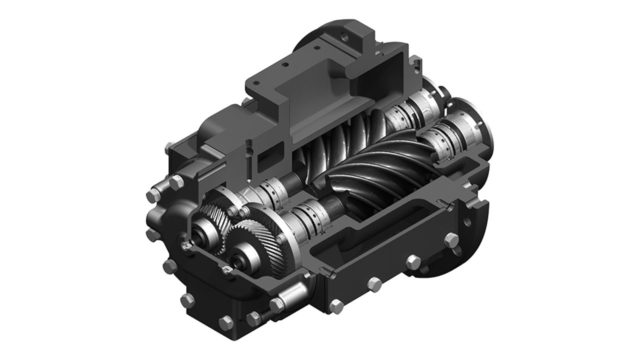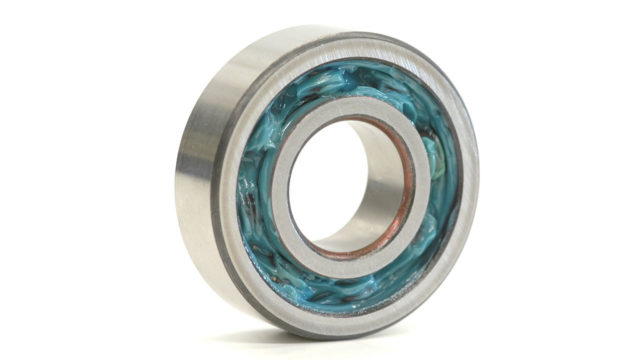Novvi plant-derived lubricants are designed to work within existing supply chains, specifications, and additive technology to deliver exceptional performance with a lower carbon footprint.
The lubricants business is facing more challenges than ever. Novvi brings new technology to solve the challenges of today and position your business for success tomorrow.
Gain new business while meeting rapidly increasing technical requirements. Novvi’s solution brings a performance set that cannot be found with any other technology
- Meet current and future OEM specifications
- Deliver on customers’ carbon aspirations
- Unlock more value to improve the bottom-line

SynNova®
The base oil that enables it all. Sustainable synthetic molecules that deliver the performance to meet your biggest challenges.
Novvi ProducTs can be used in a wide array of lubricant applications

Hydraulic Oil
Biodegrable, High VI, or Top-Tier OEM, Novvi can deliver the ultimate hydraulic solution

Passenger Car Motor Oil
Fuel efficiency and durability for the future brought together

Heavy Duty Motor Oil
When performance cannot be comprimised and efficiency is rewarded

Motorcyle Engine Oil
Unlock the performance customers demand

Marine
Environmental compliance with VGP products, OEM protection, and compatibility to simplify operations. Sustainable engine oils for lowered fleet carbon footprints

Compressor
Unlock stability and cleanliness in thermally challenged environments

Driveline
Lower traction coefficients and improved protection for long-lasting efficent use

Food Grade
NSF approvel together with biodegradability and sustainability

Grease
Extreme performance with biodegrability
